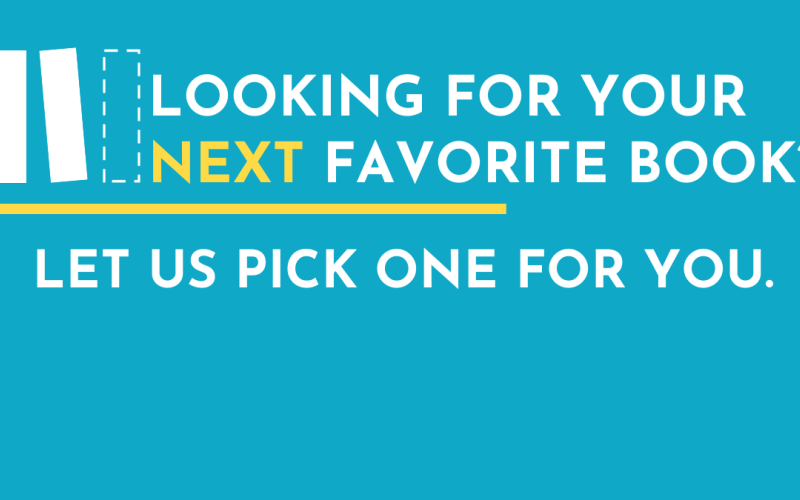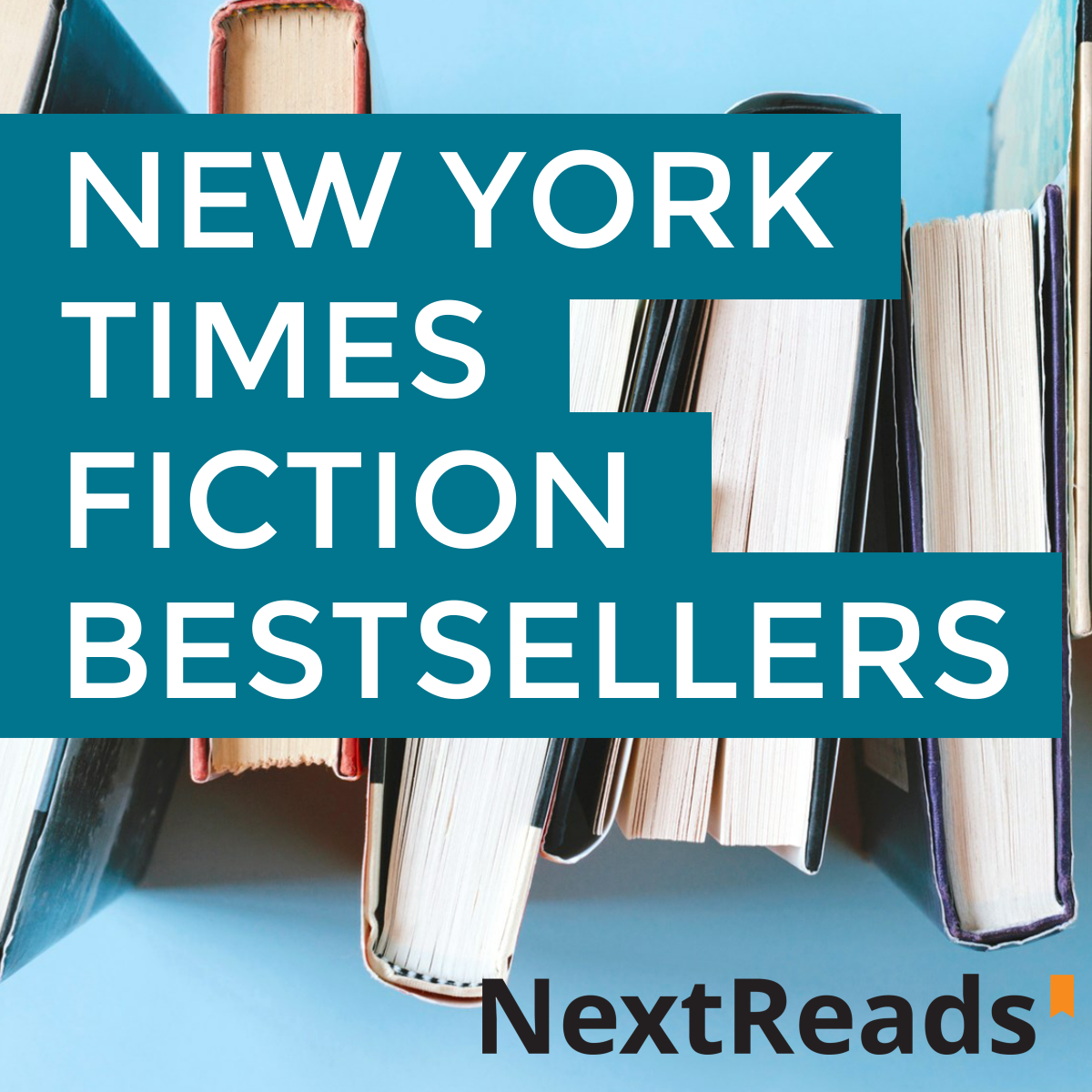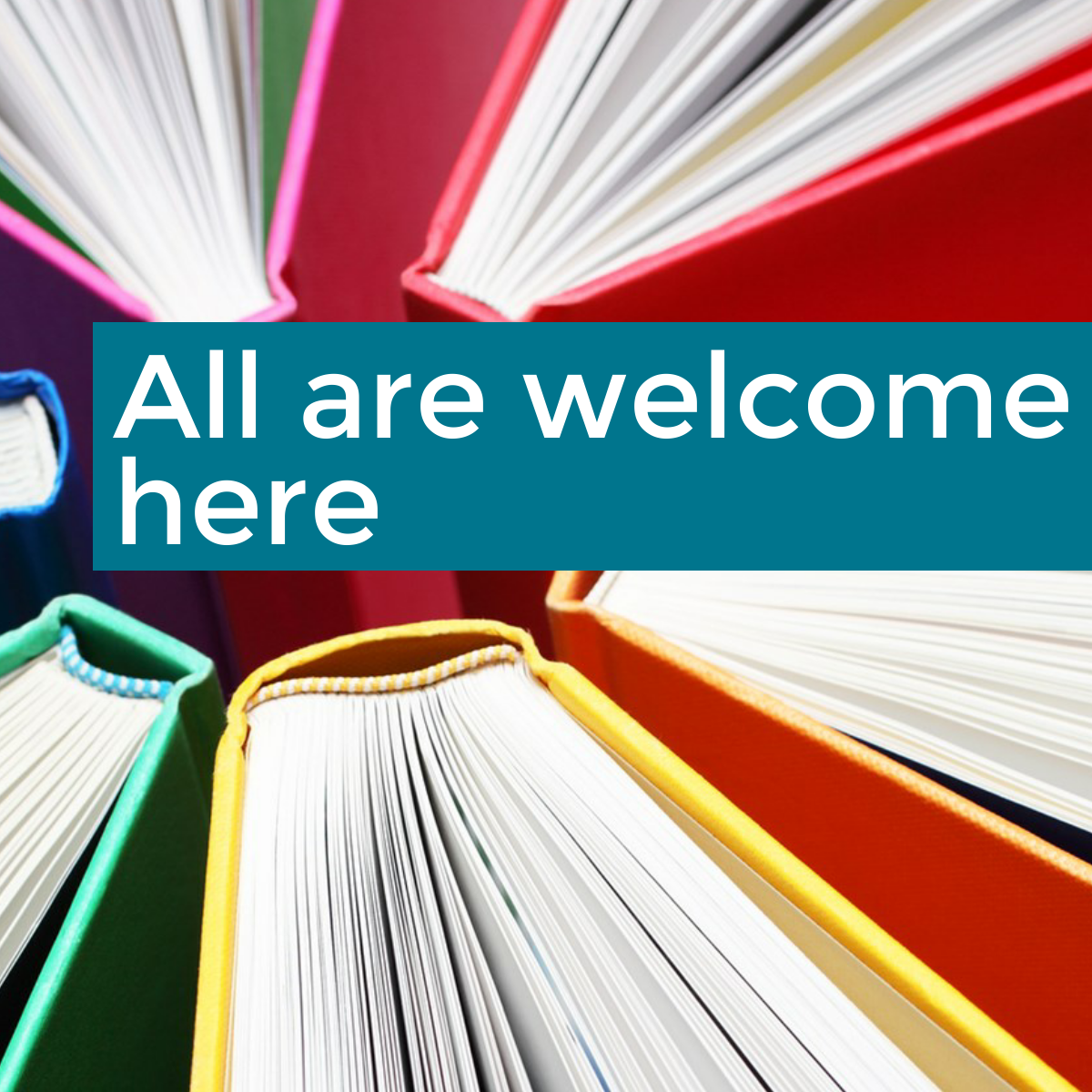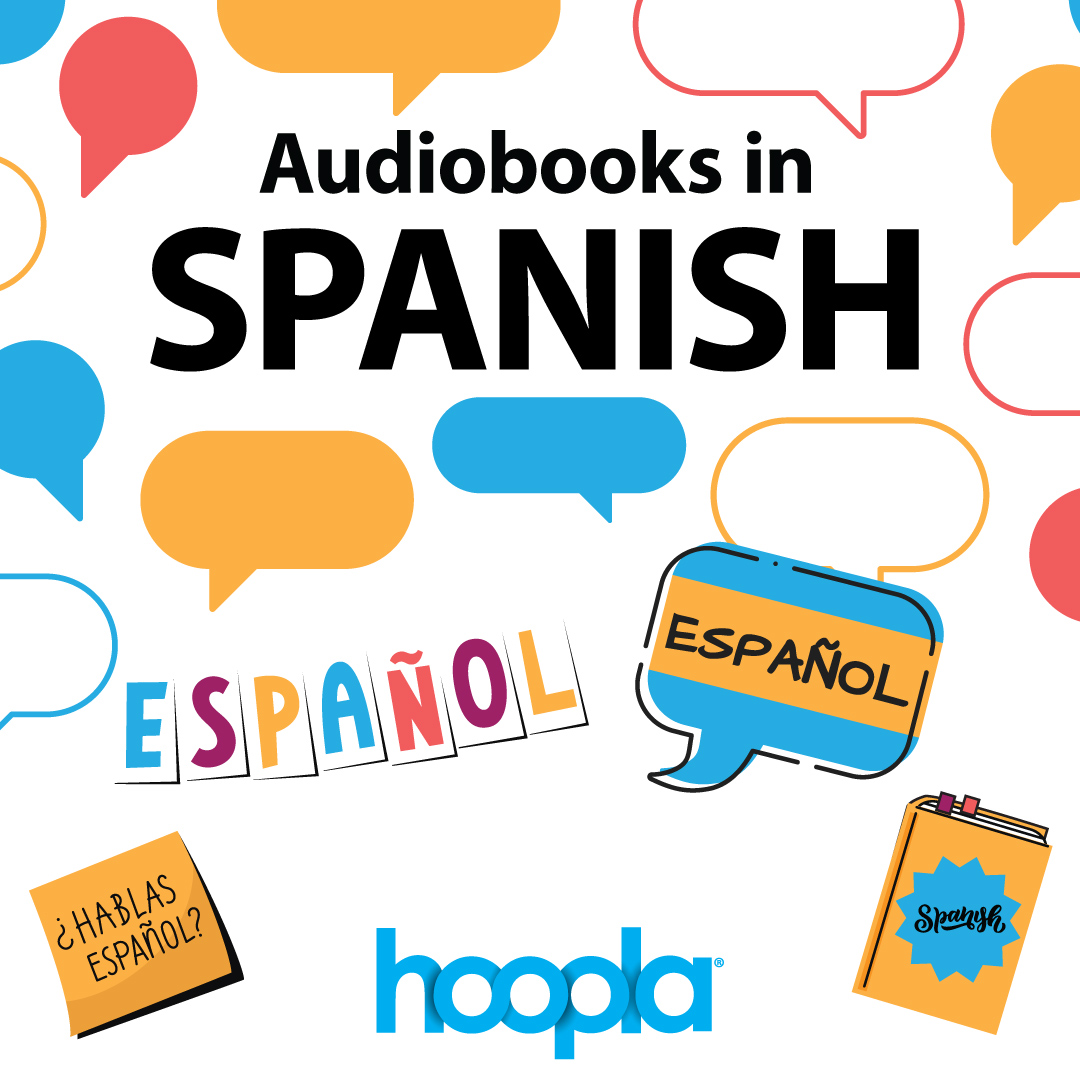Adult Reference
HIICAP
Health Insurance Information Counseling & Assistance Program
Call the Reference Desk to schedule a telephone session with a trained counselor. Sessions take place on the 1st and 3rd Wednesdays, every month.
- Learn about Medicare Parts A, B, C.
- Understand Medicare Part D, the prescription drug benefit and how to select the best plan.
- Learn the difference between Original Medicare and Medicare Advantage Plans.
- Understand low-income subsidy programs, including “Extra Help” and Medicare Savings Programs (MSP’s).
- Understand and apply for Elderly Pharmaceutical Insurance Coverage (EPIC).
Career Counseling
The library offers one-on-one appointments with a career counselor who can help with resume-writing, help direct you to a new career path, or assist you in your job search. This service is available by appointment for Harborfields district residents. Currently, career counseling is only available via telephone or Zoom (you need to have an email account in order to have a counseling session via Zoom). Contact Valarie Henrichson at the Reference Desk to check on upcoming dates and to schedule an appointment.















